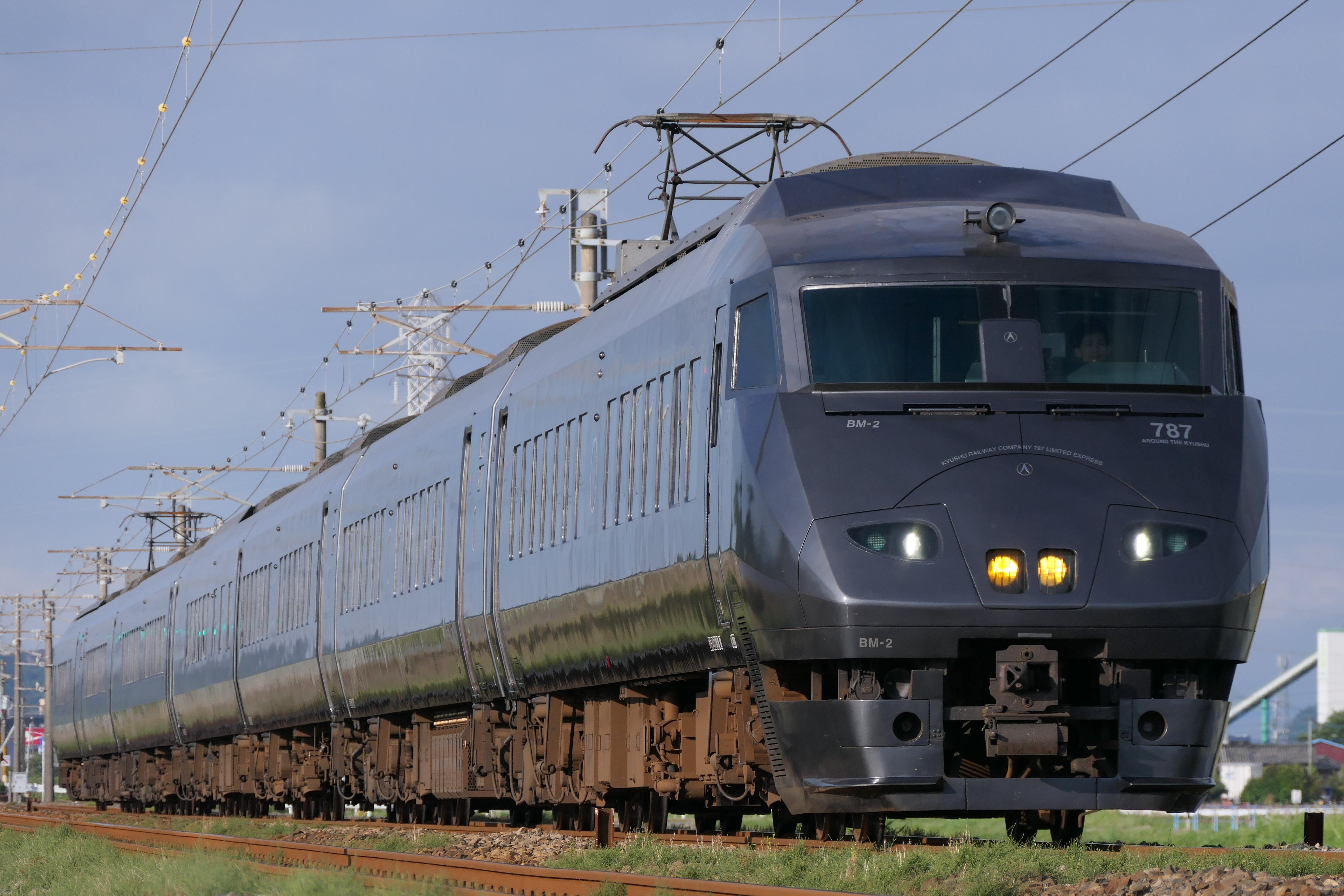
Aviation regulators have already begun responding to escalating safety concerns. The Directorate General of Civil Aviation has directed Air India to re-inspect the Ram Air Turbine system and seek detailed reports from Boeing regarding uncommanded activations. Authorities are also examining possible links between recent replacements of Power Conditioning Modules and system anomalies.
The trigger for this escalation lies in two separate incidents. On 4 October, AI-117, operating from Amritsar to Birmingham, experienced an uncommanded deployment of the RAT during final approach, even though all electrical and hydraulic parameters reportedly remained within normal limits and the aircraft landed safely. On 9 October, AI-154, a Vienna–Delhi service, was diverted to Dubai following the failure of multiple systems: autopilot, flight director, Instrument Landing System, and degraded flight control functions, leaving pilots to fly manually in challenging conditions.
In its letter to the Civil Aviation Ministry, the FIP alleges that the AI-154 incident involved malfunctioning electronics affecting “critical systems … Autopilots, ILS, flight directors and flight control,” which rendered autoland capability unusable. The pilots’ body asserts that these system failures point to a deeper and systemic risk within the Boeing 787’s electrical infrastructure. The FIP also flagged its longstanding dissatisfaction with how the investigation into the June crash of AI-171 at Ahmedabad— which claimed 260 lives—has proceeded, demanding a judicial probe into that accident.
Air India has disputed claims of an electrical failure in the AI-154 flight and maintained that the RAT deployment on AI-117 was neither a result of system malfunction nor pilot error. The airline confirmed submission of a preliminary investigation report to the DGCA and asserted that all required processes were followed.
DGCA has expanded scrutiny. It has instructed Air India to re-inspect RAT stowage on all 787s where PCMs were recently replaced, and ordered a review of D-check work packages for anomalies linked to PCM changes. The regulator is also seeking from Boeing a comprehensive breakdown of preventive measures, records of similar uncommanded RAT events globally, and service difficulty reports post-PCM replacement.
Analysts warn that such demands place significant pressure on both airline operations and regulatory oversight. Grounding Boeing 787s would be a disruptive measure, but FIP argues that recurring faults heighten flight-safety risks. The emerging pattern—RAT activation, autopilot and control system failures—has drawn parallels with the AI-171 crash, in which investigators found simultaneous movement of both engines’ fuel switches and secondary activation of the RAT.
